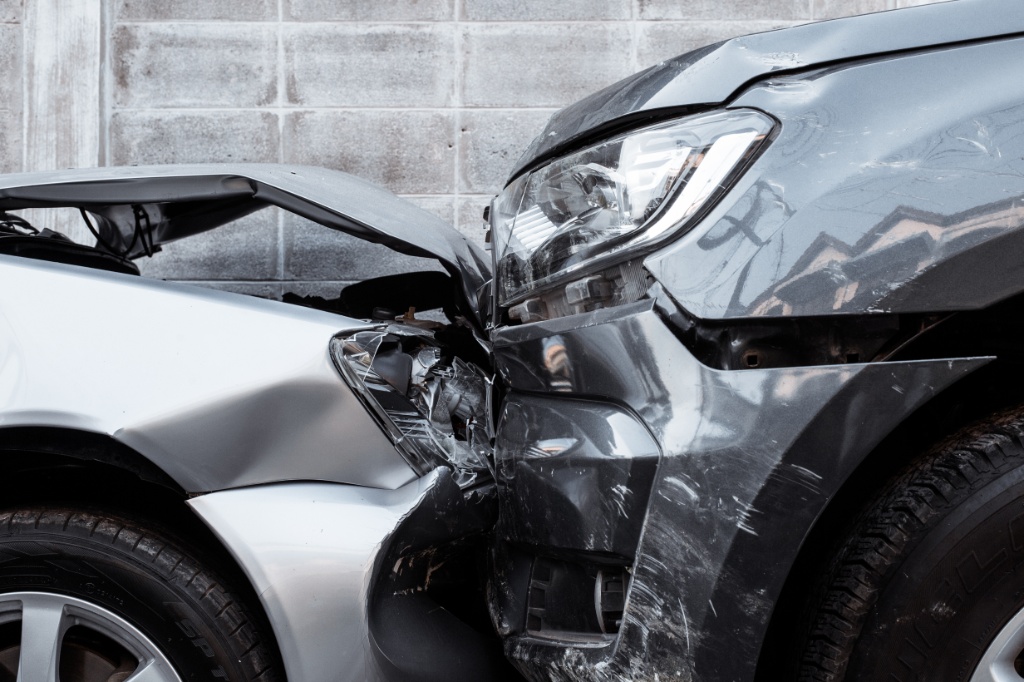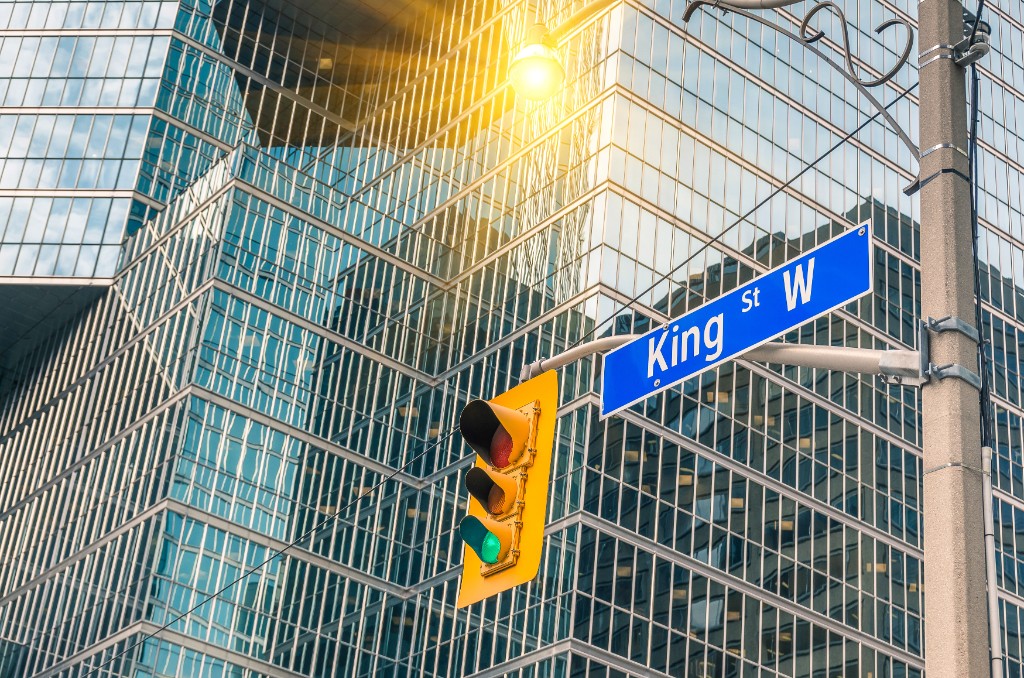July 31, 2018 | car accident Claims
Why You Don’t Want Your Car Destroyed Before a Car Accident Claim
Table of Contents
In 2014 (the most recent year for which final Ministry of Transportation data is available), there were nearly 180,000 motor vehicle accidents involving only property damage. Of course, most of the 39,000 accidents that also caused personal injury or death included property damage as well.
And that raises an interesting question that we don’t often hear addressed: What’s to be done with an automobile after an accident?
Ultimately, the automobile will be repaired, if feasible, or destroyed. But for two reasons, it’s important that you not have your car destroyed (or substantially repaired, for that matter) before making a car accident claim:
- The Direct Compensation-Property Damage coverage in your Ontario auto insurance policy requires that you preserve evidence of the damage until your insurer can inspect the vehicle.
- Second, your car or its components may be critical evidence in the event of a tort claim involving the accident.
Let’s look at these reasons in more detail.
- DC-PD coverage pays for damage to your automobile, its contents, and the value of your lost use of the vehicle in certain circumstances.
- If you substantially repair or dispose of your vehicle before the insurance company can inspect it, your DC-PD coverage may pay you nothing.
- You may also need your car or a particular car part as evidence in a lawsuit arising out of the accident.
Direct Compensation-Property Damage Coverage
In addition to coverage for Statutory Accident Benefits (SABs) and third-party liability, the standard auto insurance policy in Ontario includes Direct Compensation-Property Damage coverage (or DC-PD coverage). DC-PD coverage pays for damage to your automobile and its contents in certain circumstances. It will even pay for the value of the lost use of your vehicle or its contents.
When DC-PD Coverage Applies
DC-PD coverage is known as “direct coverage” because you collect from your own insurance company, rather than the insurance company of another driver, even if the other driver was at fault in causing the accident. (In fact, under section 263 of the Insurance Act, you can’t recover for such damages against the other driver if DC-PD coverage is available.)
This coverage is available if:
- The accident occurs in Ontario;
- The accident involved at least one other motor vehicle; and
- At least one other motor vehicle involved in the accident is covered by an auto insurance company licensed in Ontario or that has filed with the Financial Services Regulatory Authority of Ontario to provide DC-PD coverage.
If any of the above requirements is not satisfied, you may be able to sue the other driver for your property damage if he or she was at fault, or you may be able to recover under your policy’s collision coverage, if you have such coverage.
In addition, unlike SABs, which are available regardless of fault, DC-PD is only available if you were not entirely at fault in causing the accident. If you were partially at fault, your recovery will be reduced, as explained in more detail below.
How Much DC-PD Coverage Will Pay
In general, your insurance will pay the cost of damage to your vehicle, its contents, and for the loss of use of the same. However, the insurance company has the right to repair, replace, or rebuild the automobile instead of paying for the damage. And in any event, the insurance company will not pay more than the actual cash value of the vehicle and contents at the time of the accident.
Also, the amount your insurance pays may be reduced in two ways:
- Reduction based on fault. Your insurance company will reduce the amount that it pays in proportion to your degree of fault in causing the accident, if any. (That’s why, if you were entirely at fault, you won’t be able to recover under your DC-PD coverage.)
- Deductible. Your insurance policy may include a deductible for your DC-PD coverage. As with all deductibles, this will reduce the amount that your insurance company pays you.
Finally, your insurance company may try to further reduce your recovery or deny your claim entirely if you do not follow the procedures for making a DC-PD claim outlined in your policy, as discussed below.
Making A DC-PD Claim
When making a claim for DC-PD coverage, your insurance policy will generally require that you:
- File in time. Make the claim within seven days of the accident, if possible. If you can’t do so within seven days because of incapacity, then as soon as possible. Also, your insurer may request that you complete a statutory declaration within 90 days of the accident.
- Protect the vehicle. Take reasonable steps to protect the automobile from further damage.
- Make no repairs. Not make any repairs to the vehicle, other than those needed to protect it.
- Permit inspection. Allow the insurance company to inspect the vehicle at any reasonable time and to copy any documents related to the accident.
- Preserve evidence. Not remove evidence of the damage without the insurance company’s written consent until the company can inspect it.
- Dispose of the vehicle for yourself. Not leave disposal of the vehicle up to the insurer unless the insurer agrees to accept it.
The duty to preserve evidence described above means that you should not dispose of the vehicle or have it repaired before the insurance company can inspect it.
Other Reasons To Keep Your Car
Your car or parts of it may also be important physical evidence in any tort claim arising out of the accident. For example, if your accident was caused by a defective component, you may have a product liability claim against the manufacturer. In that event, you would want to keep the defective part to prove that it was faulty.
The car can also be important evidence in a personal injury claim by or against the other driver, such as evidence that your car was not in a defective condition. For example, if the other driver claims that your brakes were faulty and that’s what caused the accident, having that physical evidence at hand may be necessary to defeat his or her claim.
Conclusion
When you’re involved in an automobile accident, your Ontario auto insurance policy not only covers your accident benefits and protects against third-party liability claims, but it also pays you for the damage to your vehicle and its contents—so long as you follow the proper claims procedures, including preserving your vehicle so your insurer can inspect it.
Plus, because your automobile and its components may be critical evidence in a claim by or against you, you should ask your Ontario personal injury lawyer what should be done with your car if you (or he or she) suspect faulty components were a cause or could become an issue in a tort claim.
If you or a loved one has been injured in an automobile accident in Ontario, you should contact one of the personal injury lawyers of Preszler Injury Lawyers. We offer free consultations to help you understand your rights and what steps you should take to obtain the compensation the law entitles you to.
Blog Categories
More car accident Topics
Here’s more information on car accident related topics that we think you might find helpful.

car accident
|
March 19, 2025
Recognizing Concussion Signs After a Car Crash
The shock of a car crash can be overwhelming. The resulting injuries can be devastating, particularly concussions. Recently, there has been an increasing awareness of…

car accident
|
July 3, 2024
Motor Vehicle Fatalities on the Rise in Canada – 2024 Data Study
Overall Findings: After three decades of decline, the number of motor vehicle fatalities in Canada went up by 6% in 2022 The number of fatalities…

car accident
|
September 13, 2023
Traffic Signals: Be Careful Even on a Green Light
From a young age, we are taught that our traffic signals designate directions by colour: red means ‘Stop ‘; green means ‘Go.’ Designating traffic directions…
